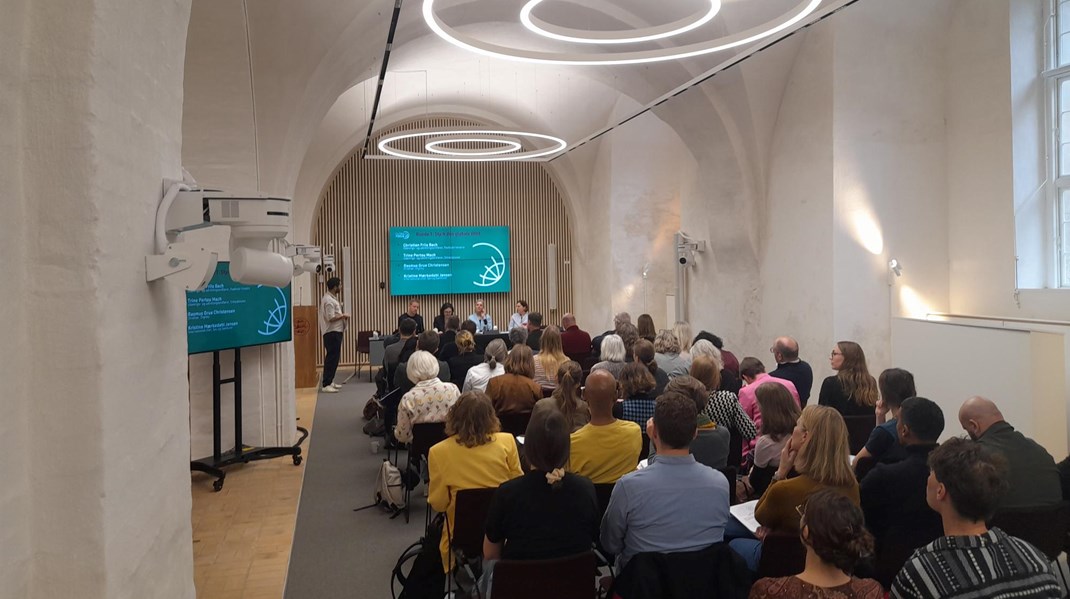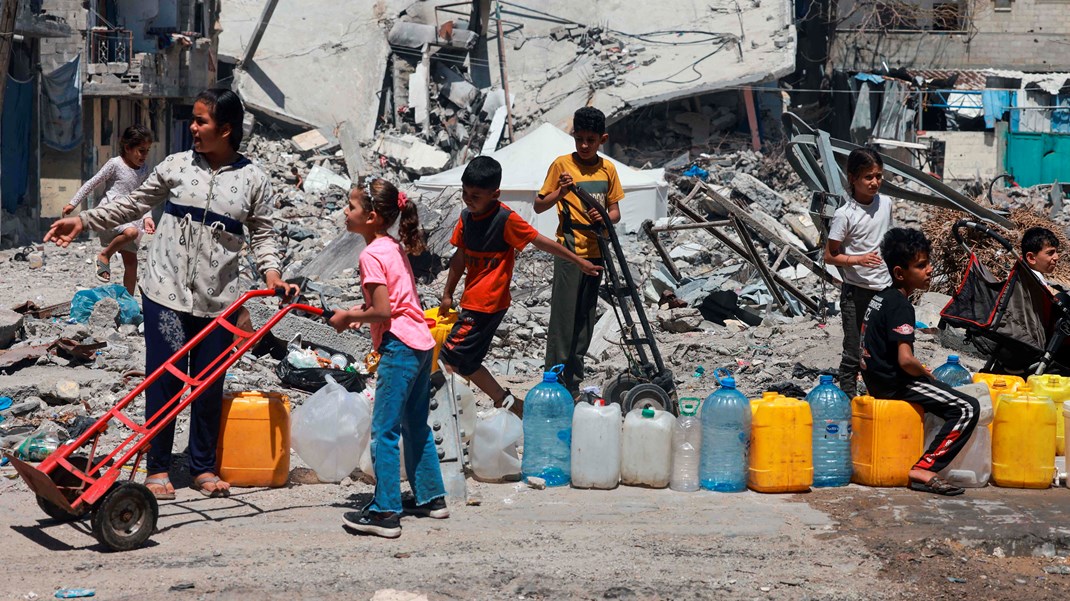Monitoring food security in countries with conflict situations
Foreword
As widely known, conflict is a leading cause of hunger – each famine in the modern era has been characterized by conflict. Hunger can also contribute to violence, and may act as a channel through which wider socio-economic and political grievances are expressed.
Here is an overview of some key numbers: people in conflictaffected states are up to three times more likely to be undernourished than those who are living in more stable developing countries1. The most recent projections suggest that approximately half of the global poor now live in states characterized by conflict and violence. The Food and Agriculture Organization of the United Nations (FAO) and the World Food Programme (WFP) have a strong interest, and a potentially important role to play, in supporting transitions towards peace.
Conflict undermines food security in multiple ways: destroying crops, livestock and agricultural infrastructure, disrupting markets, causing displacement, creating fear and uncertainty over fulfilling future needs, damaging human capital, and contributing to the spread of disease, amongst others. Conflict also creates access problems for governments and humanitarian organizations, which often struggle to reach those in need.
When populations feel that their governments are not adequately addressing hunger needs, or are addressing them in inequitable manners, resentment and tension may arise. Similarly, rising food prices may leave people without the ability to meet the needs of their households and may contribute to protests, riots and instability. Over one-third of countries classified as “fragile” in 2015, had experienced recent conflicts, reflecting dynamic interrelationships among poverty (including hunger), governance and conflict.
The 2030 Agenda recognizes peace as a vital threshold condition for development, as well as a development outcome in its own right, and recognizes that conflict impacts negatively on, and can inhibit, sustainable development. Addressing hunger can be a meaningful contribution to peacebuilding2. To this end, food security analyses aim at identifying marginalized individuals and communities to ensure the equitable and inclusive provision of assistance to the ones most in need.
This report’s purpose is to shed light on the impact of conflicts on food security and nutrition, as well as to draw greater attention to the millions of people that are in urgent need of assistance, thus building on the efforts to both help prevent conflict, and sustain peace.
José Graziano da Silva,
FAO Director-General,
Ertharin Cousin,
WFP Executive Director


